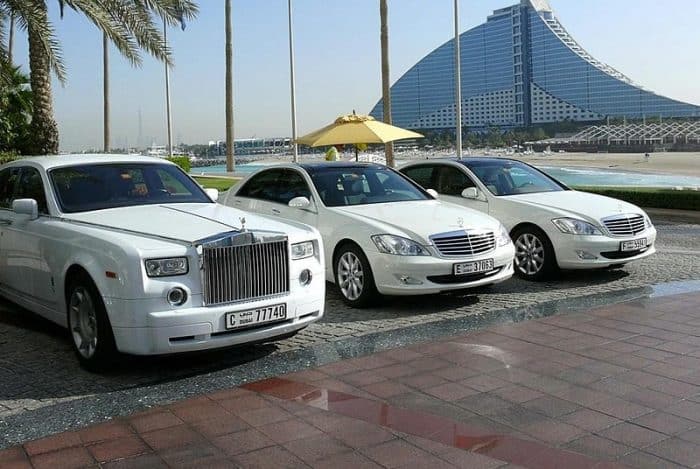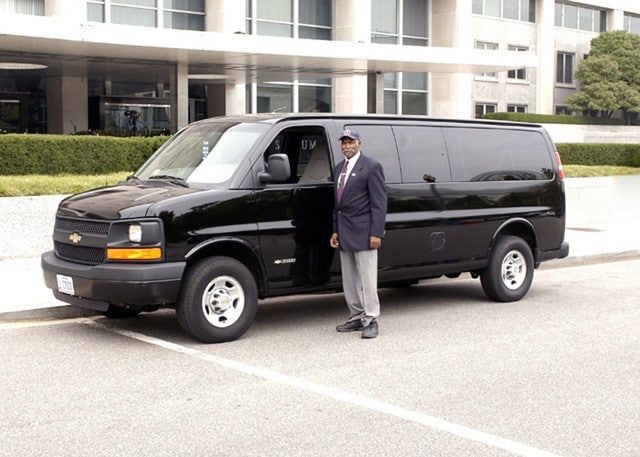Your employees will look on their company car as a great perk of the job, but it’s important when choosing the right cars for your fleet that you consider all the tax implications or that benefit in kind could turn out to be quite an expensive bonus.

It’s important to consider not just the current tax rules, but look ahead to the future. If you’re planning on keeping the cars for three years or more, you need to consider any future changes that are likely to take place as governments seek to encourage greener use of fuels and lower emissions.
There’s seven tax facts listed here that you should know about taxing company cars: https://www.telegraph.co.uk/business/sme-library/fleet-management/tax-facts-for-car-fleets/ but we’ll consider some of these points in more detail.
Benefit in kind value
To calculate the benefit in kind value you can use an online car tax calculator. The benefit in kind value will be based on the value of the car and the CO2 emissions figure. This means that cars with a high CO2 figure but a low value will work out the same as those with a low CO2 figure and a high value. Benefits in kind are reported to the Inland Revenue and Customs on a form called a P11D and the tax payable is calculated on a percentage based on the total P11D value of the car. You can find out more about the benefit in kind value here: https://www.parkers.co.uk/company-cars/what-is-bik/.

What’s the alternative?
For employees not wishing to pay tax on this extra benefit, they can choose instead to take a cash alternative to a car or to use their own vehicle for business use and take a payment on a Pence Per Mile basis (PPM). As it’s difficult for employees to work out costs spent on fuel for business or personal use, you may find it easier to provide BP Fuel Cards for them to use to buy fuel for business use. Business mileage expenses are based using the Advisory Fuel Rates from the Treasury and these figures need to be checked as they fluctuate. Have a look here to find out more about Fuel Card Services.
Added extras
The benefit in kind value also takes into account added extras to the car and you need to be careful to work out what are essential and what are luxury items that will simply incur a larger tax liability. You may say that bluetooth and navigation aids are essential for someone to carry out their job but other optional extras may just be for cosmetic appeal that you may wish to ignore.
Choosing the right fuel
This is a tricky one as the goalposts move as governments try to meet their target emission reductions. Diesel cars produce lower CO2 and so have lower tax bands but they are more expensive to buy and have a three per cent surcharge for cars registered after 1 January 1998. You need to consider all variables to calculate costs.
